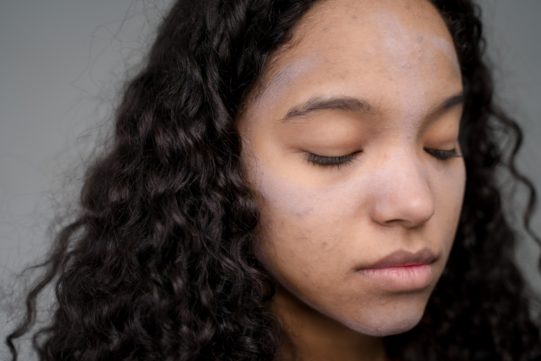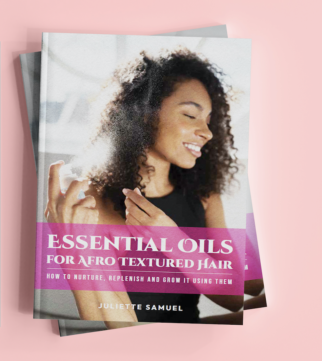Black Skin Care and Acne
Acne treatments? Acne is a common skin condition that can be embarrassing and even painful. If you have black skin, you may find that your acne is more difficult to treat than other skin types.
There are a number of reasons for this, but the good news is that there are still plenty of options available to you.
Acne treatments for black skin can be incredibly effective when used properly. However, it’s important to understand that not all treatments work for everyone, and what may work for one person may not work for another.
Let’s Take a Look At 5 of the Most Used Acne Treatments for Black Skin.
1. Benzoyl Peroxide
Benzoyl peroxide is one of the most popular and effective acne treatments available. It works by killing the bacteria that cause acne, as well as reducing inflammation and drying out the pimples.
Benzoyl peroxide is available in a variety of formulations, including gels, creams, and lotions. It’s important to choose a formulation that is appropriate for your skin type.
It’s a common acne treatment that is available over the counter. Benzoyl peroxide can be harsh on your skin, so it is important to start with a low concentration and work up to a higher one if necessary.
2. Salicylic Acid
Salicylic acid is another over-the-counter acne treatment that helps to exfoliate your skin and unclog pores. It can also help to reduce inflammation and redness. Like benzoyl peroxide, salicylic acid can be harsh on your skin, so it is important to start with a low concentration and work up as needed.
It’s available in a variety of formulations, including gels, creams, and wipes.
3. Tea tree oil
Tea tree oil is a natural extract that has been shown to be effective against a variety of bacteria, including the bacteria that cause acne. It’s available as an ingredient in topical creams, gels, and salves. The essential oil is a great oil to have on hand.
It can be combined with other essential oils to create a serum for acne.
4. Retinoids
Retinoids are a type of vitamin A that can be helpful in treating acne. They work by increasing cell turnover, reducing inflammation, and preventing the buildup of dead skin cells that can clog pores.
This often helps to improve the appearance of acne scars.
Retinoids are available by prescription only, so you will need to talk to your doctor about this option.
5. Antibiotics
Antibiotics can be taken orally or applied topically and are usually used in combination with other acne treatments. They work by killing the bacteria that cause acne and reducing inflammation. Antibiotics are available by prescription only, orally and topically, so you will need to talk to your doctor about this option.
Will A Good Skin Care Routine Help Black Skin With Acne Challenges?
A good skin care routine can help your acne-challenged skin. A good skin care routine includes cleansing, exfoliating, and moisturizing.
Cleansing helps to remove dirt, oil, and makeup from the surface of your skin. Exfoliating helps to remove dead skin cells that can clog your pores and lead to breakouts. Moisturizing helps to keep your skin hydrated and healthy.
There are also serums formulated especially for acne-challenged skin. Vitamin C is a good ingredient to look for in products used for acne treatments.
What Are Some Common Misconceptions About Acne and Black Skin?
There are a few common misconceptions about acne and black skin. One is that black skin is not as susceptible to acne as other types of skin. This is simply not true. Your skin can be just as susceptible to acne as any other type of skin.
Another common misconception is that black people should not use certain acne treatments, such as Benzoyl peroxide. This is also not true. Benzoyl peroxide can be an effective acne treatment for your acne-challenged skin when used properly.
Finally, some people believe that black people should not wear makeup if they have acne. Again, this is not true. Wearing makeup will not make acne worse, and in fact, it can actually help to camouflage the appearance of acne.
Conclusion
If you’re struggling with acne, it’s important to consult with a dermatologist to find the best treatment option for you. A dermatologist can help to determine the cause of your acne and recommend the best course of treatment.
That’s it for this week. Like this article? Share it with your friends.
As Always,
Dedicated to Your Beauty,
Juliette Samuel,
Esthetician/Author/Publisher,





 Facebook
Facebook Twitter
Twitter Delicious
Delicious Digg
Digg Myspace
Myspace StumbleUpon
StumbleUpon Youtube
Youtube